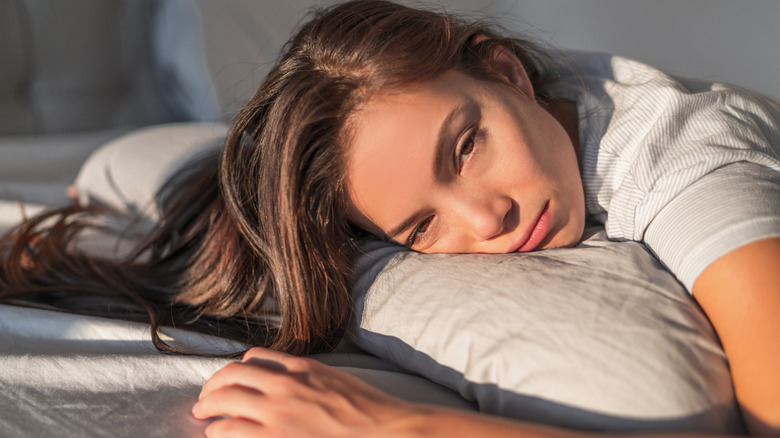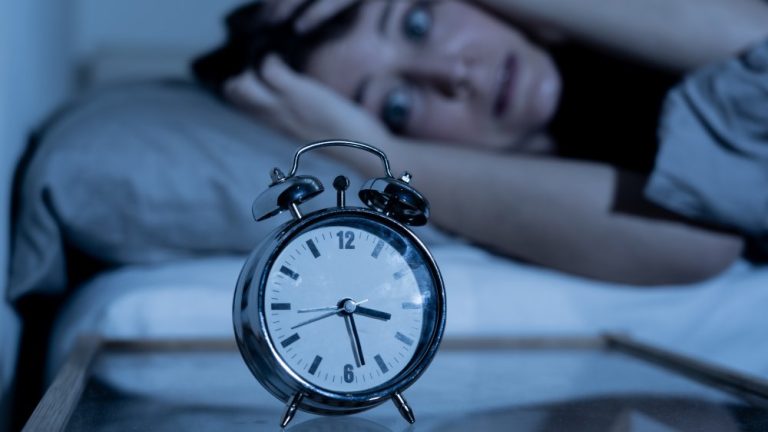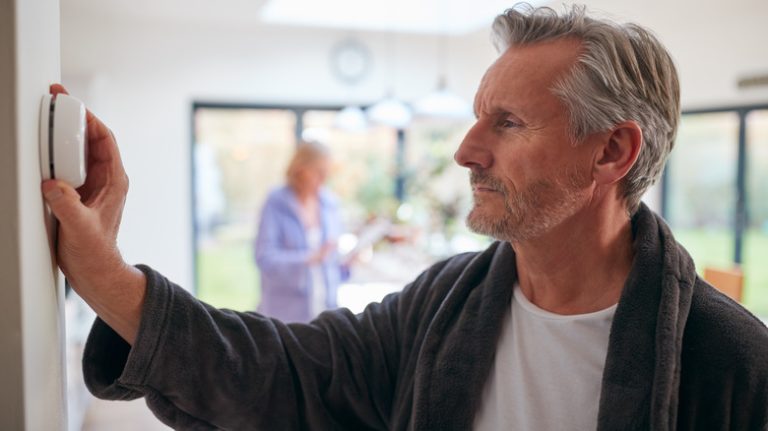Sleep apnea is a sleep disorder that causes the person to stop breathing recurrently while trying to sleep, causing interrupted sleep and low oxygen saturation. According to an October 2024 study, over 20 million United States adults have sleep apnea, but most are men. A 2024 study says that sleep apnea has been known to primarily affect men, mainly because the symptoms are different in women than in men. Women with sleep apnea might not be tested because traditional beliefs are that men are more likely to have it.
According to ResMed, women seem to have different sleep apnea symptoms than men, and frequently have normal resting blood pressure, and therefore never get tested for sleep apnea. Instead, women with sleep apnea might be diagnosed with other health problems. This can be dangerous, since women with sleep apnea who go undiagnosed and untreated can develop heart disease symptoms and experience damage to the brain and other organs.
The typical stereotype of a sleep apnea patient is an overweight man who snores loudly. But some women don’t have the specific symptoms that men experience, and because of that, they can unfortunately go undiagnosed or misdiagnosed. Why does this happen? Advanced Sleep Medicine Services explains that during the 1970s and 1980s, sleep apnea studies focused on men and the symptoms they experience. As a result, women are often misdiagnosed with anemia, hypertension, depression, hypothyroidism, diabetes, or menopause.
What symptoms should women look for?
Symptoms in women with sleep apnea

According to ResMed, women experience different symptoms than men — chronic fatigue, insomnia, and generally feeling tired. Women may also experience waking up during the night. Some don’t know why they keep waking up during the night and may attribute that to an insomnia symptom rather than sleep apnea. Many women with sleep apnea don’t snore or snore so quietly that sleep apnea isn’t considered an option. Some women do experience a choking sensation when they wake up at night.
Psychology Today points out the following sleep apnea symptoms to watch out for — loud, frequent snoring, needing to pee often while trying to sleep, difficulty concentrating throughout the day, excessive fatigue, morning sore throats, dry mouth, and headaches. Partners often witness symptoms such as gasping, snorting, or choking sounds or periodically-stopped breathing. However, not all women will have these symptoms.
Symptoms women often have that aren’t attributed to sleep apnea are trouble falling and staying asleep, not sleeping well, tingling in legs when resting, changes in dreaming, nighttime heartburn, low energy, poor memory, and clumsiness. Other symptoms can include feeling overwhelmed, depressed, anxious, and irritable. Make an appointment with your doctor if you have any of these symptoms. If you think you have sleep apnea, ask for a sleep test.


